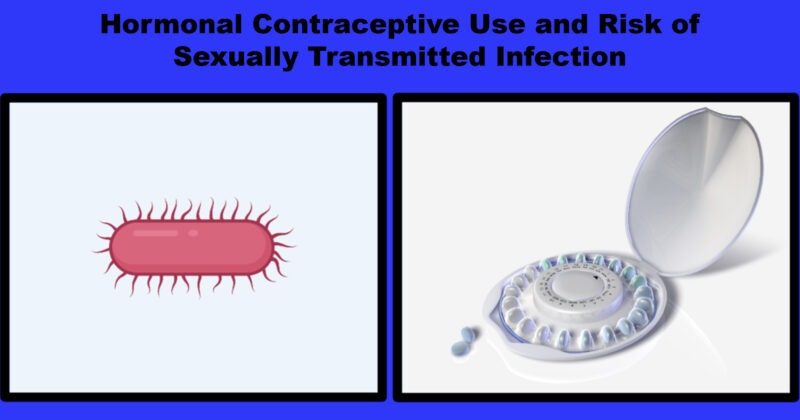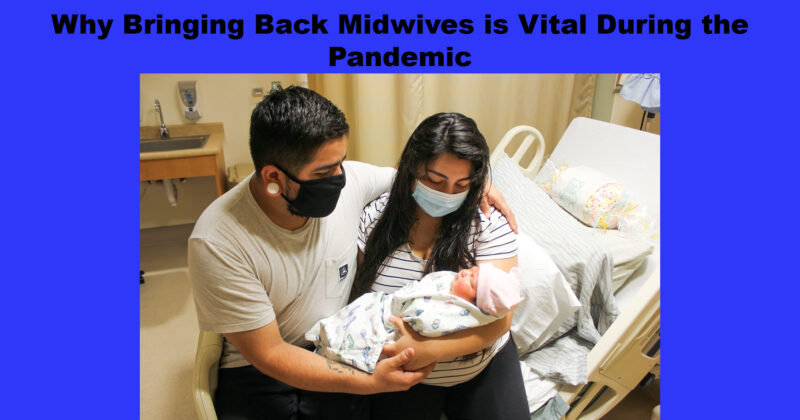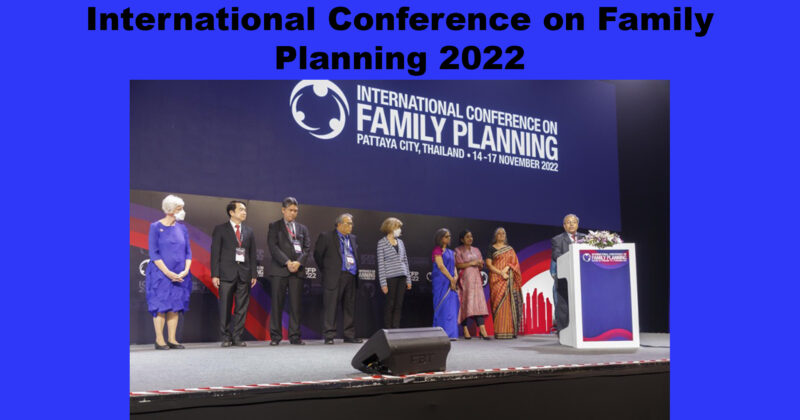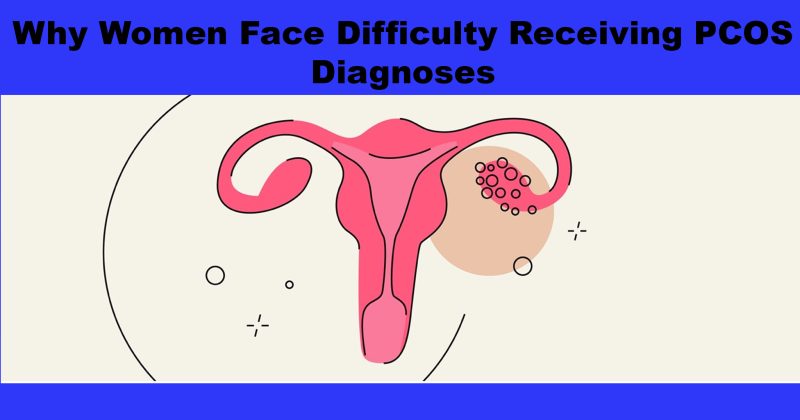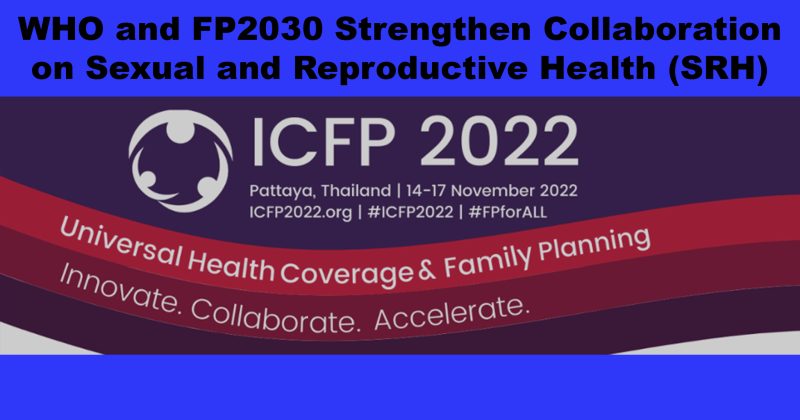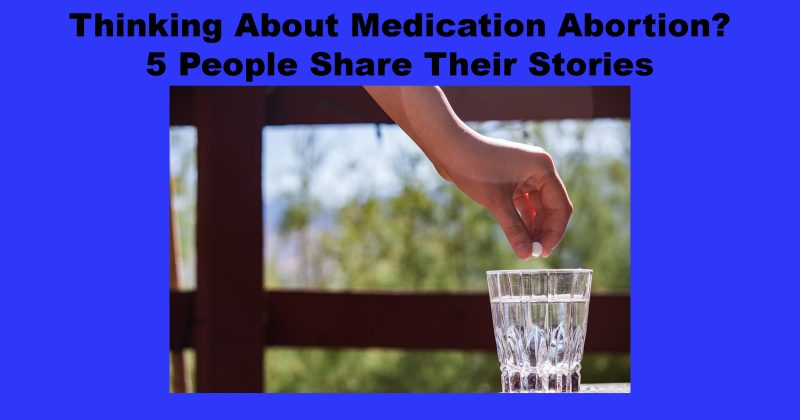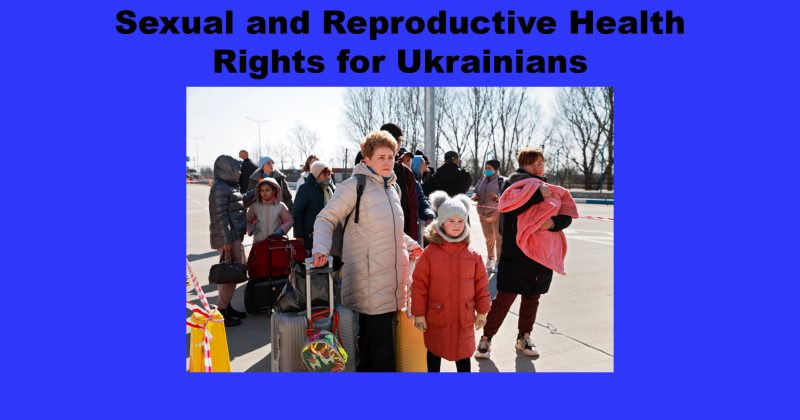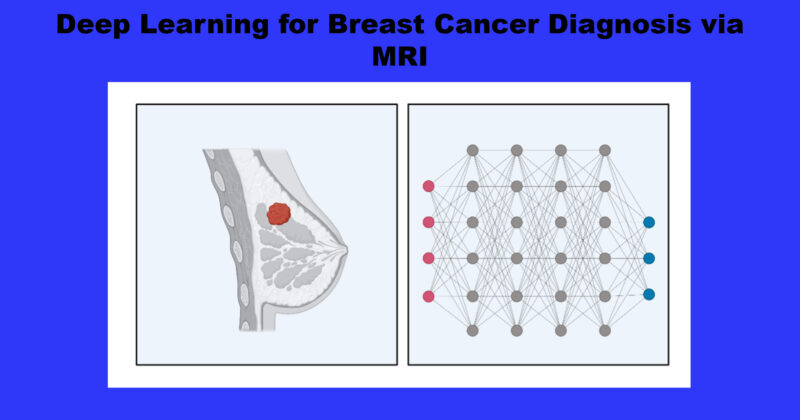
Deep Learning for Breast Cancer Diagnosis via MRI
Magnetic resonance imaging (MRI) is a sensitive modality for detection of breast cancer; yet, as its use in screening is expanded from high-risk patients to intermediate- and average-risk individuals, positive predictive value deteriorates, leading to unnecessary biopsies and follow-up. To improve the overall accuracy of breast cancer diagnosis and allow for personalization of patient management, Witowski et al., reporting in Science Translational Medicine(1), propose an artificial intelligence-based solution. A system of deep neural networks was trained to output the probability of malignancy given the MRI sequences of a patient’s breast. The deep learning system performed equivalently to board-certified breast radiologists, generalized well to different patient populations in three external test sets, and was unbiased with respect to patient race. Importantly, the model predictions could serve as an aid for downgrading certain breast lesions from BI-RADS 4 to BI-RADS 3, enabling patients with lower risk of malignancy to opt of unnecessary biopsies. The results of the study underscore the value of...


